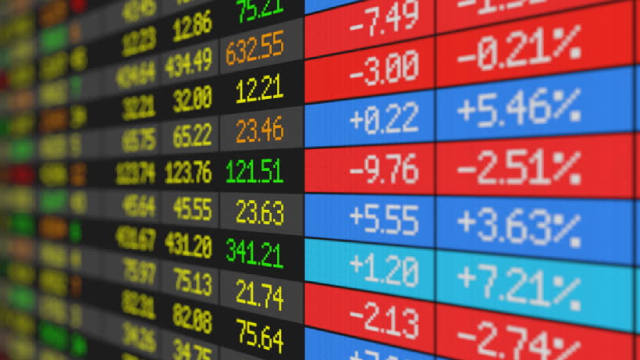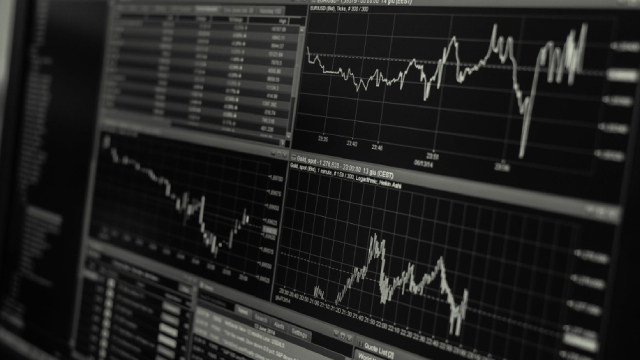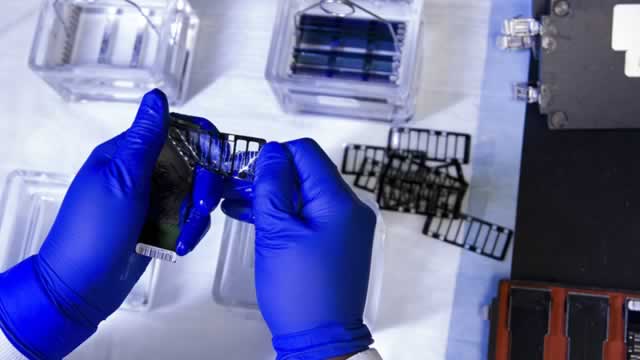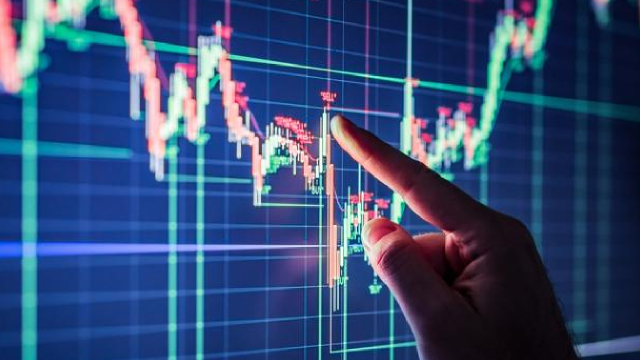IBB Stock Recent News
IBB LATEST HEADLINES
A smart beta exchange traded fund, the iShares Biotechnology ETF (IBB) debuted on 02/05/2001, and offers broad exposure to the Health Care ETFs category of the market.
Looking for broad exposure to the Healthcare - Biotech segment of the equity market? You should consider the iShares Biotechnology ETF (IBB), a passively managed exchange traded fund launched on February 5, 2001.
'The Big Money Show' panel discusses President Donald Trump's pharmaceutical tariff strategy.
However, the President did not disclose when the tariffs would take effect.
IBB and XBI are similar in many ways, but their relative past performance does not tell the story. IBB is more concentrated, and that is ultimately why I prefer it to XBI. Both ETFs target a similar objective, and are over-diversified. For reasons I explain here.
The Big Beautiful Bill boosts defense, industrials, and manufacturing, but healthcare and some REITs face headwinds from Medicaid cuts and policy shifts. AI optimism and the new legislation are fueling a broad market rally, but I question if AI stocks are outpacing their earnings, signaling a potential bubble. The Magnificent 7 era is over; META, MSFT, NVDA, and AMZN are the new leaders, while AAPL, GOOG, and TSLA face unique challenges in the AI race.
The iShares Biotechnology ETF (IBB) made its debut on 02/05/2001, and is a smart beta exchange traded fund that provides broad exposure to the Health Care ETFs category of the market.
The final trades of the day with CNBC's Melissa Lee and the Fast Money traders.
Launched on 02/05/2001, the iShares Biotechnology ETF (IBB) is a passively managed exchange traded fund designed to provide a broad exposure to the Healthcare - Biotech segment of the equity market.
As of the latest data available, the top three holdings in the iShares Biotechnology ETF (NASDAQ: IBB) are: These three companies collectively represent approximately 25.68% of the Biotechnology Sector ETF's total assets. With GILD in top technical position, AMGN and VRTX are also looking interesting.








